Press mentions
Filter by...
-
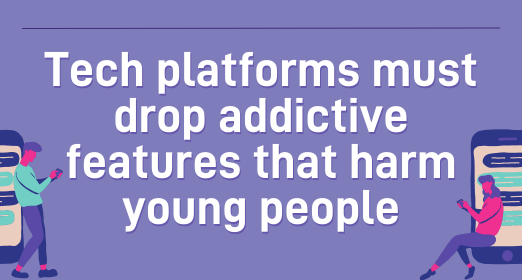
Tech platforms must drop addictive features that harm young people
Social media companies construct their platforms in ways that make them addictive. Algorithms show individuals things that they think will keep them hooked for longer.
Read more
-
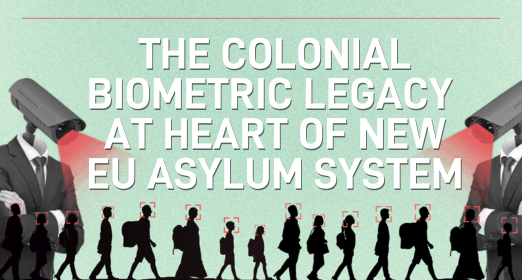
The colonial biometric legacy at heart of new EU asylum system
On Wednesday (10 April), the EU is set to vote on a new set of asylum and migration reforms. Among the many controversial changes proposed in the new migration pact, one went almost unnoticed — a seemingly innocent reform of the EU's asylum database, EURODAC. Although framed as purely technical adjustments, the reality is far more malicious. The changes to EURODAC will massively exacerbate violence against people on the move.
Read more
-

Will the Brussels spyware scandal finally convince the EU to act?
In February, Brussels was rocked by reports of phone hacking and spyware attacks on members of the European Parliament’s defence and security committee. Such intrusions are a huge threat to EU democracy — interfering with decision-making and allowing obstructive disruptions to public debate. Three weeks on, nothing seems to have changed with the EU’s approach to spyware.
Read more
-
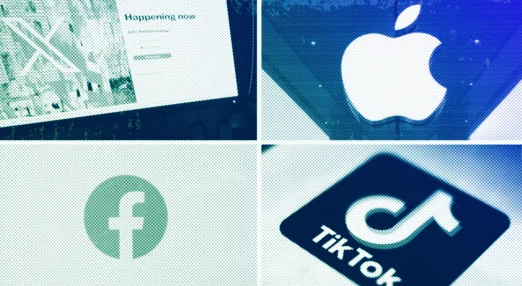
Delay, depress, destroy: How tech corporations subvert the EU’s new digital laws
When the DSA and DMA were passed in 2022, major tech industry associations praised the new laws as significant achievements. It is time for Big Tech corporations to stop pouting and live up to their responsibility.
Read more
-

When law enforcement undermines our digital safety, who is looking after our interests?
Imagine your friend sent you a private DM on Twitter. Now imagine, instead of the content remaining for your eyes only, Twitter letting the police also take a peek at it. Such intrusive practices of state actors accessing private messages have grave consequences for our lives. Some people can be physically harmed, and for some, it can mean that their families and friends could get prosecuted. At a collective level, the harm this does to our communities and society at large is immeasurable.
Read more
-

The sledgehammer approach of age verification tools won’t make the internet safer
Do you like scrolling through Instagram reels or watching vlogs on YouTube? Soon enough, you may have to give your personal ID details to the likes of Mark Zuckerberg to keep doing so.
Read more
-
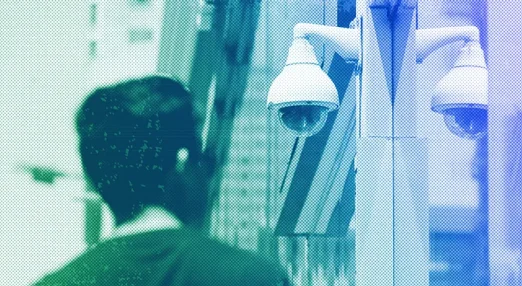
The EU wants to make facial recognition history — but it must be done for the right reasons
Whilst civil rights activists have long called for an outright ban, certain EU lawmakers may see the AI Act as an opportunity to claim that they are doing the (human) right(s) thing — and actually doing the opposite.
Read more
-

Why your data might already be on a Europol list
Police forces around Europe seem hooked on the habit of collecting information on a massive scale and forwarding it to the EU's police agency, Europol. This undermines privacy, fair trial rights and the presumption of innocence.
Read more
-
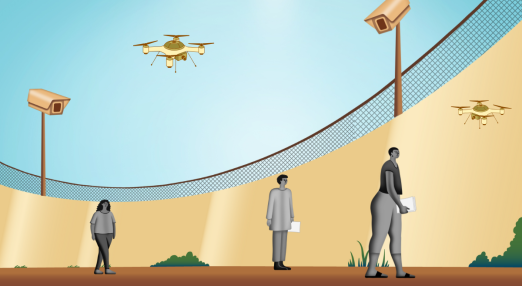
Unchecked AI will lead us to a police state
Across Europe, police, migration and security authorities are seeking to develop and use AI in increasing contexts. From the planned use of AI-based video surveillance at the 2024 Paris Olympics, to the millions of EU funds invested in AI based surveillance at Europe’s borders, AI systems are more and more part of the state surveillance infrastructure.
Read more
-
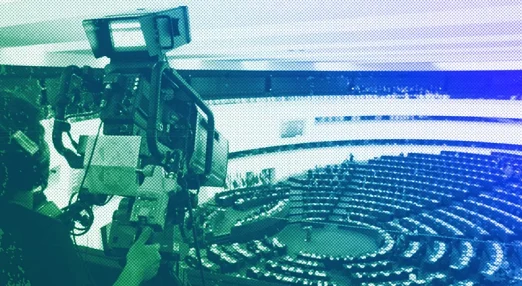
Will the European Parliament walk the talk and protect journalists?
In a democratic society, where we rely on journalists to act as public watchdogs, we cannot have them worried about becoming a target of government-sanctioned spying.
Read more
-

Are we about to lose the last pillar of our digital security?
Breaking encryption and criminalising its use will not resolve the deep societal issues we are facing. Instead, governments should protect and promote the very tool that ensures our digital security.
Read more
-
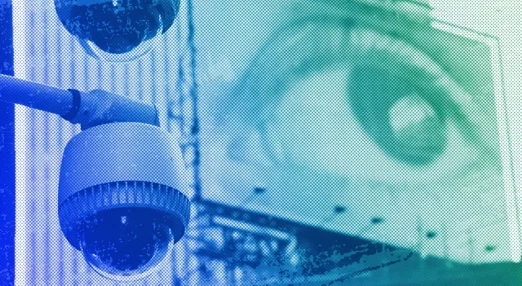
All eyes on EU: Will Europe’s AI legislation protect people’s rights?
As the EU’s AI Act moves into the final phase of negotiations, key battles arise for the protection of human rights.
Read more
